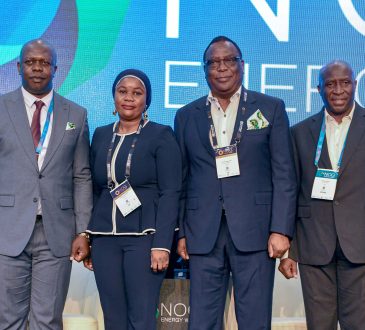
The National Association of Polytechnic Students (NAPS) has kicked against the proposed conversion of Yaba College of Technology (YABATECH), Lagos State, into a university.
The announcement, made by the Minister of Education, Dr Tunji Alausa, on Friday, revealed that President Bola Tinubu had approved the conversion of the 77-year-old institution into a university.
During a working visit to YABATECH, Dr Alausa stated that President Tinubu did not hesitate to approve the proposal, citing the institution’s legacy and its over 200 staff members holding doctorate degrees in various fields as justification for the upgrade.
“The rector said some minutes ago that the staff, students, and management of the college had been praying and fasting that it be converted to a university. Somehow, you have kind of ambushed me,” the minister said.
However, NAPS President, Eshiofune Oghayan, in a statement released on Saturday in Kaduna, criticised the move, arguing that it would undermine the core objectives of polytechnic education.
Oghayan emphasised that polytechnics like YABATECH play a unique role in bridging the gap between theoretical knowledge and industrial application, focusing on practical, hands-on training essential for Nigeria’s industrialisation and economic diversification.
“We reject the proposed conversion of YABATECH into a university. Polytechnic institutions like YABATECH emphasise hands-on experience, problem-solving, and innovation, which are essential for Nigeria’s industrialisation and economic diversification.
“This move contradicts global best practices, where developed nations continue to strengthen and expand polytechnic education rather than eliminate it. Countries like Germany, China, Canada, and the United Kingdom have thriving technical and vocational education sectors that fuel their industrial economies.”
Instead of converting polytechnics into universities, NAPS advocated for the full implementation of the Higher National Diploma (HND) to Bachelor of Technology (B.Tech) transition.
According to the association, this would enable polytechnic graduates to receive internationally recognised degrees while preserving the practical and industry-focused training that makes them valuable to the economy.
“The HND to B.Tech transition is the most viable path to improving the status of polytechnic education while preserving its technical essence,” Oghayan said. “This would ensure that polytechnic graduates receive the recognition they deserve without compromising the practical and industry-focused training that makes them valuable to the economy.”
NAPS also proposed the conversion of the National Board for Technical Education (NBTE) into a Polytechnic Education Commission.
The association argued that this would elevate the status of polytechnic education in national planning, ensure adequate funding, and establish clear pathways for career progression and professional development for polytechnic graduates.
“We urge the Federal Government to engage with NAPS, NBTE, and other key stakeholders in a comprehensive reform agenda that will reposition polytechnic education as a driving force for economic development,” the statement read. “We are ready to collaborate in ensuring policies that empower Nigeria’s workforce, drive industrialisation, and secure a prosperous future for our nation.”
NAPS also appealed directly to President Tinubu to reconsider the decision. “We passionately appeal to His Excellency, President Bola Ahmed Tinubu, to reconsider the decision to convert YABATECH into a university. Instead of eliminating polytechnics, Nigeria should focus on revamping and modernising technical education to produce the next generation of innovators, skilled professionals, and industrial leaders.”
The association vowed to mobilise polytechnic students nationwide to resist the move if the conversion proceeded.
“We will not fold our arms and watch as the government undermines the future of polytechnic education in Nigeria. We will mobilise our members to resist this move and ensure that the government prioritises the development of polytechnic education.”






